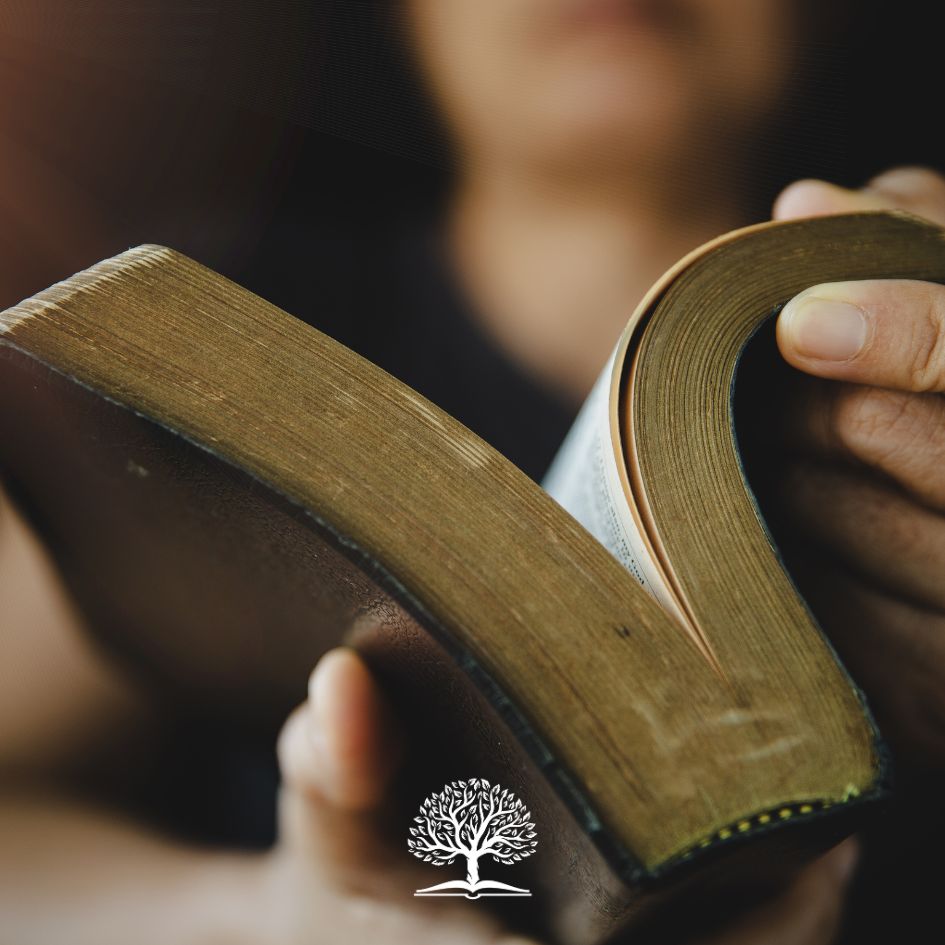Puritans
Puritans

Puritans
The Blessedness of Christian Law-Keeping
Law-keeping blesses believers in many ways. Here I will expound just three major ways it does so: 1. The Law as an Objective Guide to Evidencing Justification The Puritans taught that the role of good works in the Christian life is to confirm and demonstrate one’s justification. While the Antinomians...
Puritans
Assurance Must Be Actively Pursued as a Duty
Westminster Confession 18.3 says that “it is the duty of every one to give all diligence to make his calling and election sure” (cf. 2 Peter 1:10). As concerned souls, we should never rest until we can say that God is our God. In a sermon on particular election, Charles...
Puritans
Men of Prayer
Finally, the Puritans saturated all their evangelistic efforts in prayer. They were “men of the closet” first of all. They were great preachers only because they were also great petitioners who wrestled with God for divine blessing upon their preaching. Richard Baxter said, “Prayer must carry on our work as...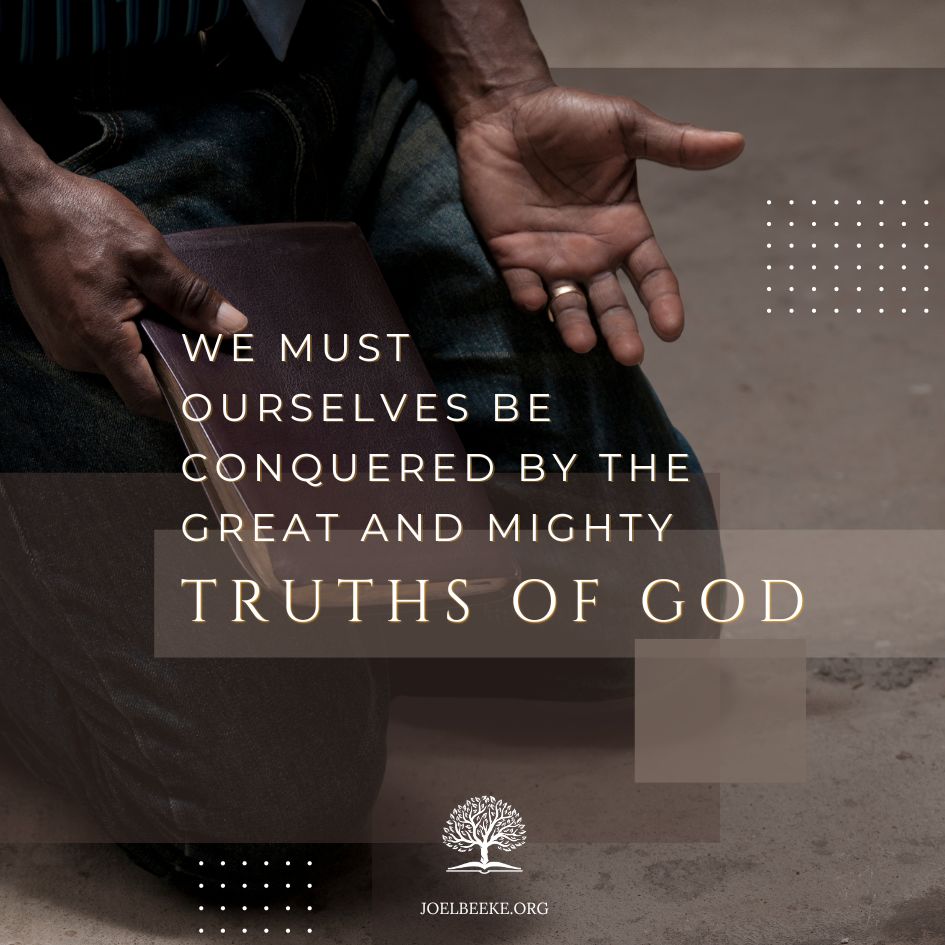
Puritans
The Place of the Law in the Christian Life
As seen above, the Law’s end is in Christ’s work, but the Law is not abolished, nor does the experience of God’s grace detract from the authority and permanence of the Law of God. So, how did the Puritans work out the implications of this in Christian experience? First, the...
Puritans
Knowing God According to His Self-Revelation
The Puritans rightly believed that though “the magnitude of God’s perfections is well beyond the reach of our finite understanding,” yet “we can know what He has chosen to reveal.” On the one hand, God is incomparable and incomprehensible. “For who in the heaven can be compared unto the LORD?...
Puritans
Jeremiah Burroughs
Jeremiah Burroughs (or Burroughes) was baptized in 1601 and admitted as a pensioner at Emmanuel College, Cambridge, in 1617. He graduated with a Bachelor of Arts degree in 1621 and a Master of Arts degree in 1624. His tutor was Thomas Hooker. Burroughs’s ministry falls into four periods, all of...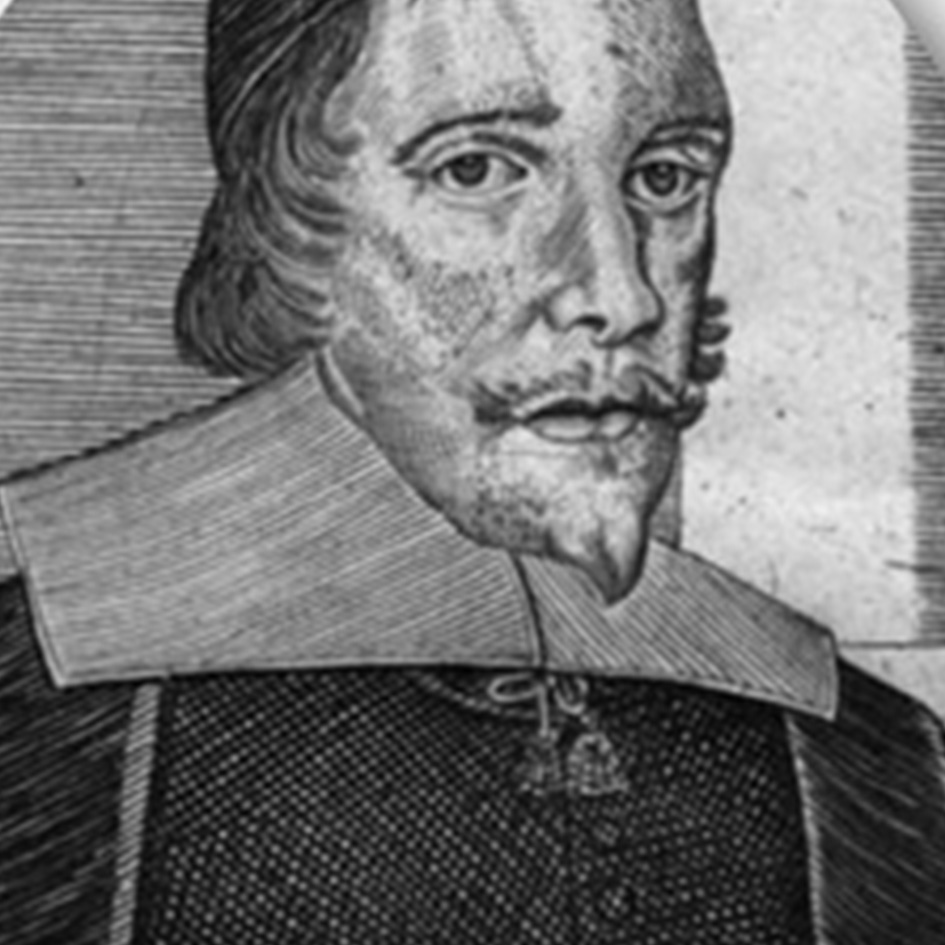
Puritans
Anthony Burgess
Anthony Burgess, “a pious, learned, and able scholar, a good disputant, a good tutor, an eminent preacher, a sound and orthodox divine” (Wallis, Sermons, p. 15), was born to the son of a schoolmaster at Watford, Hertfordshire. He entered St. John’s College, Cambridge, in 1623, and graduated with a Bachelor...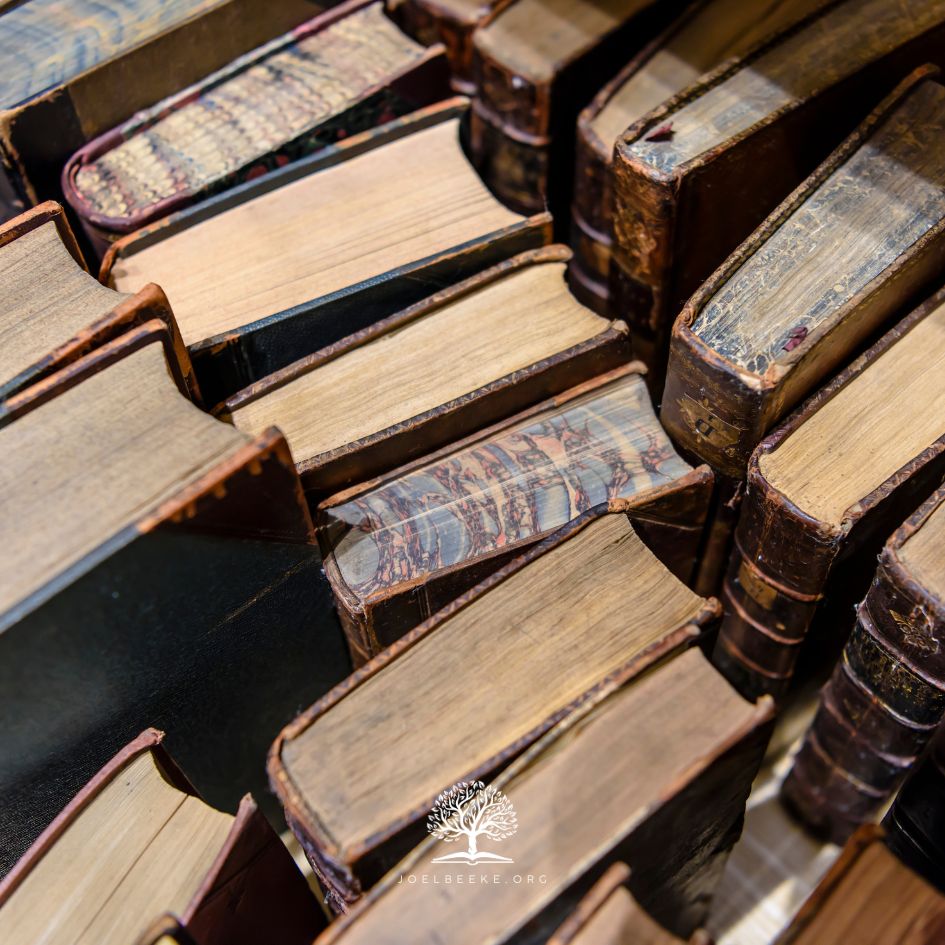
Puritans
The Obstacles of Meditation
Here is a summary of their responses to such obstacles: Obstacle 1: Unfitness or ignorance. Such say they cannot confine their thoughts to a particular subject. Their “thoughts are light and feathery, tossed to and fro.” Answer: Disability, ignorance, and wandering thoughts offer no exemption from duty. Your “loss of...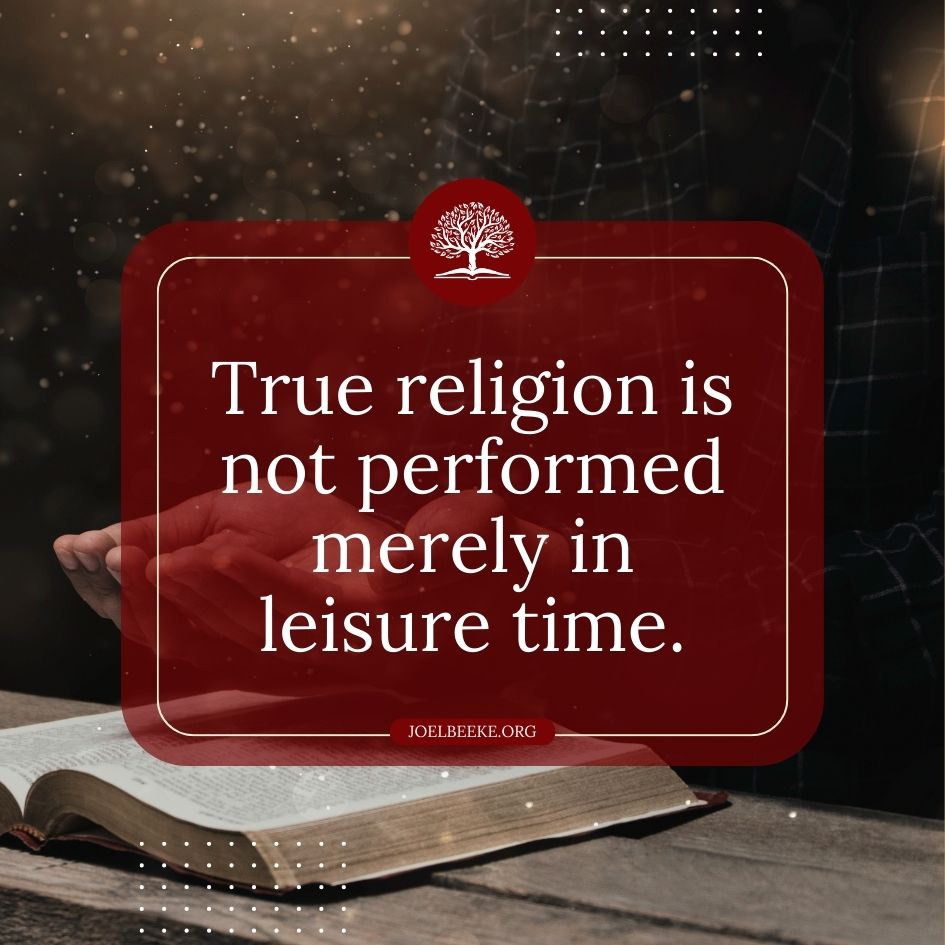
Puritans
Shape Our Lives by the Authoritative Scriptures
The reading of the word is an ordinance of God, and mean[s] of salvation, of God’s own appointment. The Bible is this word, and God has given it to us, and appointed it to be read. —THOMAS BOSTON In John Bunyan’s (1628–1688) famed Pilgrim’s Progress, Christian is escorted into a...